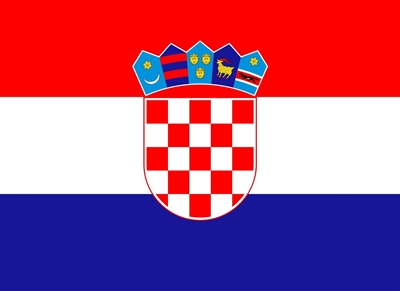Croatia - Human Rights Committee (Follow-up Report) - Violence Against Women - October 2016
Country: Croatia
Type: Intl Mechanism Submission
Issues: Accountability , Gender-Based Violence, International Advocacy, Women's Rights
Mechanism: UN Human Rights Committee
Report Type: Follow-up report
Croatia’s Compliance with the International Covenant on Civil and Political Rights, Follow-up to Concluding Observations from the 113th Session of the Human Rights Committee Related to Domestic Violence in Croatia, 118th Session of the Human Rights Committee (17 October 2016 to 4 November 2016)
Partner: Autonomous Women’s House Zagreb
The Advocates for Human Rights, along with the Autonomous Women’s House Zagreb (AZKZ), submitted a follow-up on violence against women Croatia for the 113th Session of the Human Rights Committee.
Croatia's new policy on shelters for victims of domestic violence fails to protect women’s right to life, security, and protection from arbitrary interference. Under the new policy, the Croatian government will not grant AZKZ’s shelter a license without an inspection which compromises the confidentiality of the location. The shelter has provided several viable alternatives which would allow the government to approve the conditions of the environment.
Many of these women’s violent partners are prominent individuals, employed in government institutions, or otherwise have access to state secrets. However, because of the government's new requirements for licensure AZKZ will be forced to close and will not be able to offer a confidential location for a safehouse from domestic violence.
The Advocates and AZKZ conclude the submission with questions for the government of Croatia on state actions and policy around the funding and support of domestic violence shelters. Some of these suggestions include:
- What steps is the State party making to ensure that NGO-led shelters and counseling centers receive sufficient funding for providing services to women and children victims of domestic violence, as a part of the rehabilitation process and protection of women's rights to life and security?
- Does the State party have risk assessment policies and measures in order to create safety standards on confidentiality of shelters for victims of domestic violence as well as data concerning the victims?
- How is the State party ensuring the autonomy of shelters that receive partial state funding?




